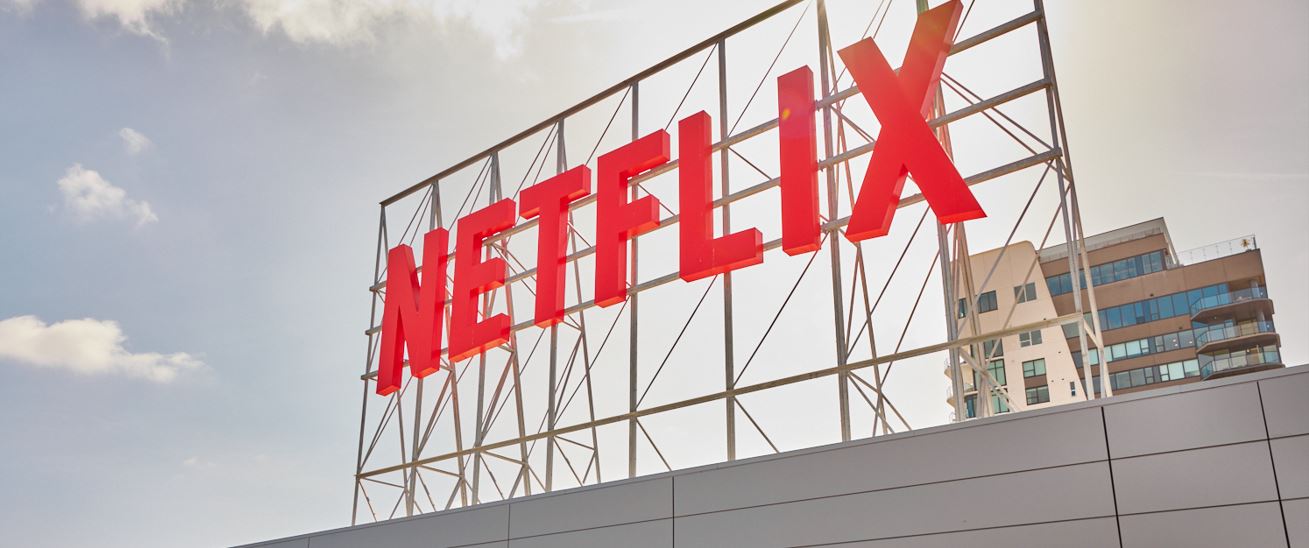
IESE Insight
Netflix: Could its radical culture work in your organization?
Employee autonomy and radical candor: To what extent could Netflix’s unique corporate culture drive performance and innovation in your organization?
By Yih-Teen Lee
In 1997, Netflix was simply a DVD rental company, known for its iconic red envelopes delivered to customers’ mailboxes. Today, there are no envelopes in sight. With over 300 million subscribers worldwide at last count, Netflix has led the streaming revolution, transforming the way we consume movies and TV shows, and completely disrupting the entertainment industry. How did they do it?
Founder Reed Hastings will point to Netflix’s distinctive culture. One of the key pillars of this culture is the lack of hierarchical decision-making. Instead of saddling employees with tons of rules, Netflix trusts them to manage their own time and make their own decisions, without constantly asking for permission.
But this lack of rules doesn’t mean a lack of responsibility. On the contrary, performance standards are extremely high. The company operates like a high-performance sports team: those who fail to make the grade are quickly let go with a generous severance package. This approach ensures that only the best stay on the team.
Fitting into this culture isn’t easy. In his book No Rules Rules, Hastings describes the “radical candor” that defines Netflix’s culture. Before making any decision, everyone is encouraged to express their opinions openly and directly, and anyone with something relevant to say is heard. When mistakes are made, the person responsible must publicly acknowledge those mistakes and analyze the reasons behind the failure. Such a culture boosts employee motivation and job satisfaction as well as stimulating creativity and innovation — crucial qualities in ever-changing environments.
Instead of watching over their employees like hawks, Netflix’s managers cast a clear vision of the company’s goals, the current situation and the market, and then empower employees to make their own decisions in alignment with corporate interests. This approach allows autonomy, trusting that employees are skilled enough to act in ways that will benefit the company.
When reflecting on such a culture, the reaction is frequently: “This would never work in my company. If we did that, it would be chaos.” And that may be true. Netflix’s culture is not for everyone.
The takeaway is that every company must develop a culture that suits its own unique identity, market, needs and business goals. The Netflix case shows the key role that organizational culture plays in becoming a powerful source of competitive advantage.
The real question is: what’s the best culture for your organization?
MORE INFO: The business case study “Netflix: leading with a unique corporate culture” is available from IESE Publishing.
A version of this column was originally published in the Spanish publication El Español as “Cómo la cultura de Netflix ha revolucionado la industria del entretenimiento” (February 23, 2025).
It also appears in the annual publication, Insight for Global Leaders No. 1 (2025).

